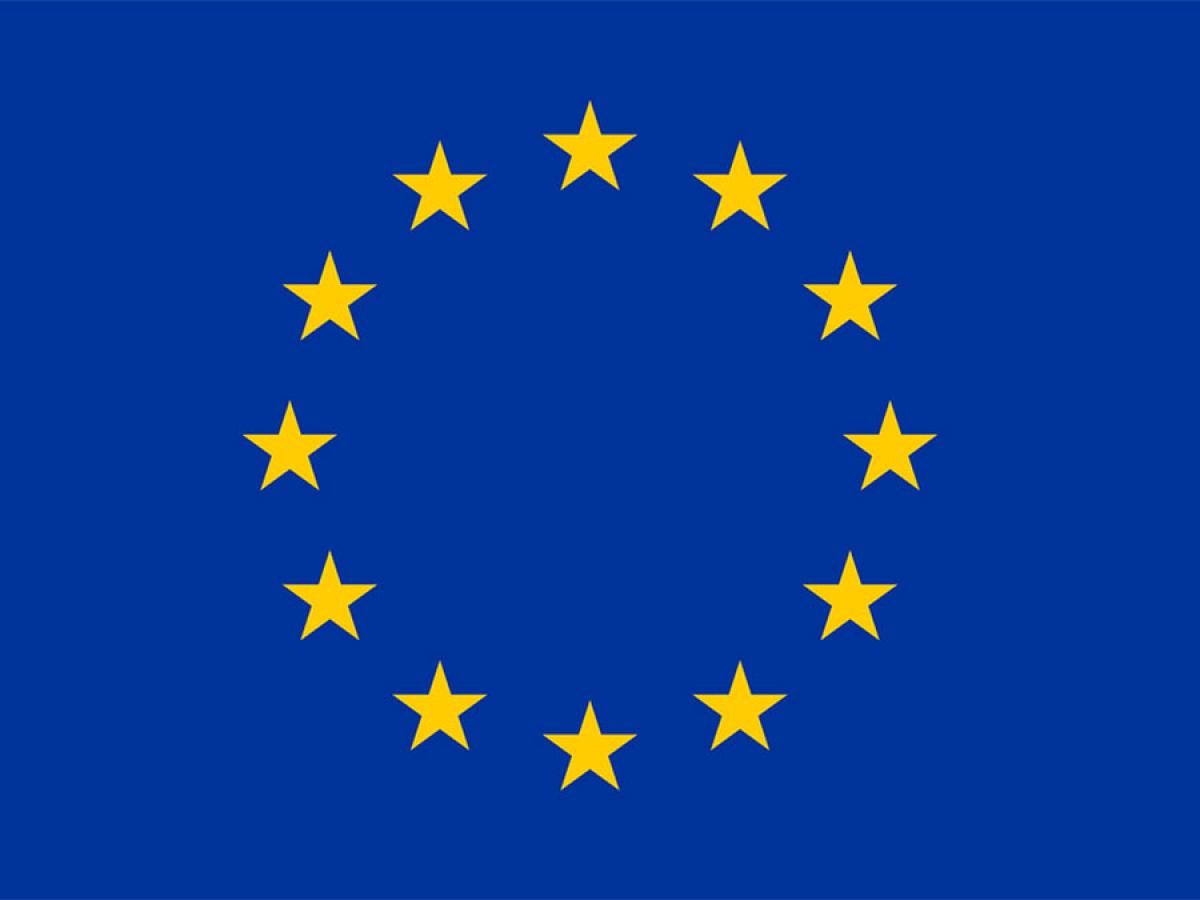Can Germany’s New Coalition Modernize the Country to Meet 21st Century Challenges?

Since Wednesday, the traffic light coalition has been in place and the new Chancellor Olaf Scholz has been elected. This will mark the end of a long Merkel era and the beginning of a new era under Social Democratic leadership. Whether much will change remains to be seen, however the coalition agreement now before us indicates some potentially radical transformations ahead.
The coalition partners in the traffic light coalition have announced a modernization of Germany in rather grandiose terms - this was not the focus of policy under Chancellor Merkel and Vice Chancellor Scholz. Their political visions were rather described by a "carry on like this," "you know me," or similar. The coalition agreement between the SPD, the Greens and the Free Democrats (FDP) already has a promise of modernization in its title, "Mehr Fortschritt wagen" (Dare more progress). Moreover, the title is reminiscent of the famous slogan "Mehr Demokratie wagen" ("Dare more democracy") of the social-liberal government under Willy Brandt.
Indeed, the agreement contains revolutionary ideas for a future without fossil fuels. The coalition partners want to transform the economy in order to make Germany's contribution to achieving the 1.5-degree target. This is ambitious, but necessary. To achieve this, significant changes will have to take place in all sectors involved, i.e. agriculture, industry, transport, energy and the building sector. Likewise, every citizen will have to make significant CO2 savings in their daily lives. This will be expensive and, above all, will involve significant changes in daily routines.
The coalition’s proposed climate policy programme expresses precise ideas about their plans for many sectors and technologies. There is regular talk of support, without it being clear whether this means better rules or more money. In their proposal under the heading "Climate protection in a social-ecological market economy," however, two very important statements are unfortunately missing. First, there is no clear commitment to a market economy. Second, there is no convincing framework that actually ensures effective climate protection. However, it is precisely this combination of clearly defined and strictly enforced emission ceilings framework that reduces C02 allowances over time, and a market economy based on competition to enable the necessary structural change, that makes climate protection possible without destroying the prosperity of broad sections of society. An opportunity has been missed here, with the government getting lost in the minutiae.
It is therefore important for the future Minister of Economics to ensure that the market economy plays a central role in the adjustment process, since it cannot be managed from a top-down plan, due to the economic complexities at work. Here I take insight from Hayekian epistemology, which identified the superior ability of the market compared to central planners to efficiently manage market information – given as price signals – which is both continually emergent and also dispersed across society.
In the area of science funding, which is very important for climate protection, the coalition agreement identifies six central future fields. Such a list is either very daring if it is narrow. Or it lacks content if it is very broad. The latter is the case here. Presumably, a handful of visitors to a shopping mall could have been asked for their assessment of the central issues of the future, and the same thing would have come out. Apart from that, the part about education and research in the agreement contains a number of sensible suggestions.
In addition, Germany is to become digital, which represents a very great challenge, especially for the public sector. Healthcare and the education sector are also to be digitally modernized. This means billions of euros of investment in the infrastructure and equipment of the authorities.
This leads to the third major challenge, the de-bureaucratization of daily life and public investment. In the last decades, the German society has become complacent, which in connection with a widespread asymmetrical feeling of being entitled to all kinds of public services among the population, has for some time made it difficult to expand infrastructure and, in particular, renewable energy, which is indispensable if we want to even come close to achieving the climate targets. But bureaucracy also needs to be dusted off in all other areas of life.
At the same time, the traffic light coalition sees a considerable need to restructure social policy. The minimum wage will be increased, and a citizen's income is to be introduced. The housing market is to be rebalanced through increased construction activity and continued strict regulation of rents, while reducing regulatory bureaucracy. In addition, coalition leaders have considered fairer and lower taxation of land acquisition. In pension policy, the private pillar is to be reformed. In social policy, a modernization course can thus be discerned.
In foreign and security policy, it is recognized that internal security is of paramount importance. Accordingly, the police and judiciary are considered to be currently inadequately equipped, and an upgrade of the security apparatus has been proposed. Germany's role in the world has been outlined in detail and thankfully with a sense of reality. Transatlantic relations are highlighted as central, relations with China are viewed very critically, and relations with a number of other countries are briefly analyzed individually.
Elsewhere, and unfortunately, the coalition has not succeeded in dovetailing development cooperation more closely with climate protection. This would first have required a clearer commitment to economic cooperation with Africa. The fact that the Federal Ministry for Economic Cooperation and Development will continue to operate as before and that the development aid targets are to be met, further suggests that the German government does not want to abandon the traditionally paternalistic, quite anti-business and therefore often ineffective approach to development cooperation. This problem suggests if not demands that the new Minister of Economics aims to bring climate, economy and development policy together for the benefit of the climate, the German economy and African countries.
The success of the coalition depends not only on questions of order, but also on money. Here, common sense seems to have prevailed to the extent that the debt brake remains untouched and there also seems to be no plan for joint debt at the European level. Instead, to finance the many activities, it is planned to review all expenditures and, first and foremost, to sift through the ecologically dubious and otherwise harmful subsidies. According to the German Federal Environment Agency, about 65 billion euros were spent on environmentally harmful subsidies in 2019. A lot of good can be done with that.
So a mixed impression remains. The goals are right and modern, but the means of achieving them seem to be less well thought out or to spring from a compromise. The majority of the coalition negotiators apparently do not trust companies and citizens and therefore want to prescribe as much as possible. However, this overly prescriptive approach jeopardizes the modernization plan. For this reason, everything possible should be done inside and outside the coalition to strengthen free-market elements and push back against the planned economy. If this can be done, a major breakthrough could be achieved. Otherwise, climate and prosperity will come under pressure in equal measure. This is in no one's interest.
Andreas Freytag, Professor and Chair of Economic Policy, Friedrich Schiller University, Jena and Visiting Professor with IIT
The views expressed here are the author’s alone, and do not represent the views of the Institute for International Trade.
Photo by hoch3media on Unsplash
The European Commission's support for the production of this publication does not constitute an endorsement of the contents, which reflect the views only of the authors, and the Commission cannot be held responsible for any use which may be made of the information contained therein.

With the support of the Erasmus+ Programme of the European Union
This work is licensed under Commons Attribution-NonCommercial-NoDerivatives 4.0 International License.
IIT is a global leader in researching, analysing and commenting on International Trade.
Stay informed about our up-and-coming seminars, events, publications, awards, new projects and collaborations, and other exciting news.
